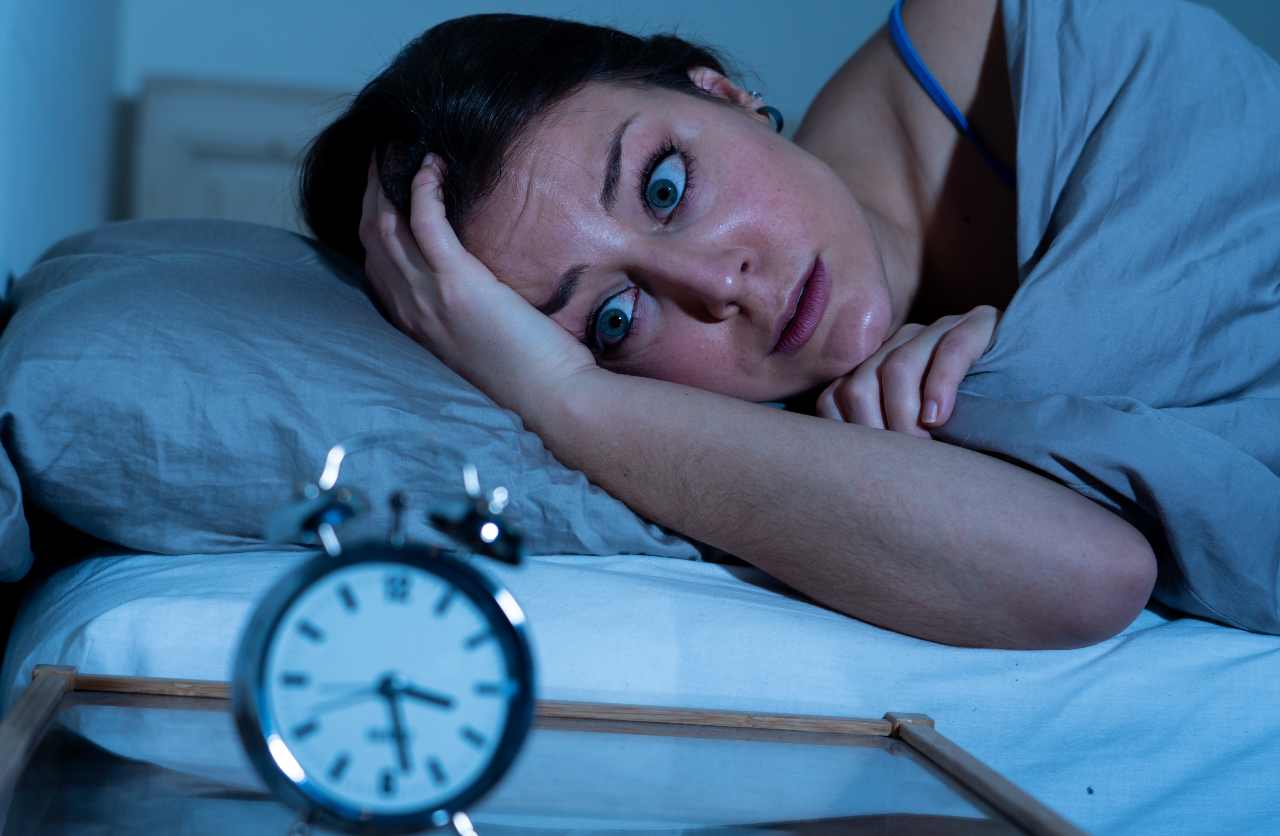For elderly individuals who struggle with sleep issues, finding effective solutions is crucial. Whether the problem stems from insomnia, anxiety, or other health conditions, the right medication can make a significant difference. There are various prescription sleep medication online options available, each tailored to address specific sleep challenges. Understanding these medications, their benefits, and how they work can help in making informed decisions about managing sleep problems effectively. The most common types of sleep medications guide you in choosing the best option for your needs.
Prescription Sleep Medications
Benzodiazepines and Non-Benzodiazepine Hypnotics
Prescription sleep medications are often used when other treatments have not been effective. Two main categories in this group include benzodiazepines and non-benzodiazepine hypnotics. Benzodiazepines, such as diazepam and lorazepam, have been around for a long time and are used to treat not only insomnia but also anxiety and muscle spasms. They work by slowing down brain activity, allowing the person to relax and fall asleep more easily. However, they can be habit-forming and should be used cautiously, especially in older adults.
Antidepressants for Sleep
Certain antidepressants are also prescribed for insomnia, particularly in people who experience sleep problems due to anxiety or depression. Medications like trazodone and mirtazapine can help improve sleep quality while addressing underlying mood disorders. They are not typically habit-forming, making them a more suitable option for long-term use.
That said, these medications may cause side effects such as daytime drowsiness, dizziness, or changes in blood pressure. For elderly people, it’s especially important to monitor how your body reacts to these medications and report any concerns to your doctor. Your healthcare provider can help adjust the dosage or explore alternative treatments if needed.
Over-the-Counter (OTC) Sleep Aids
Antihistamines as Sleep Aids
Over-the-counter sleep aids are widely available and can be a quick fix for occasional sleepless nights. One common ingredient in these products is antihistamines, which are typically used to treat allergies but also cause drowsiness as a side effect. Medications like diphenhydramine (found in Benadryl) and doxylamine (found in Unisom) are often marketed as sleep aids because they help induce sleep.
While these products may work in the short term, they are not recommended for long-term use, especially for older adults. Antihistamines can cause confusion, dry mouth, urinary retention, and other side effects that may be more troublesome for elderly individuals. It’s best to use these medications only under a doctor’s guidance and avoid relying on them as a regular sleep solution.
Melatonin Supplements
Another popular over-the-counter option is melatonin supplements. Melatonin is a hormone naturally produced by the body to regulate the sleep-wake cycle. As we age, melatonin levels can decrease, leading to sleep problems. Taking melatonin supplements can help regulate your body’s internal clock and improve sleep quality, especially for those dealing with jet lag or irregular sleep patterns.
Unlike antihistamines, melatonin is generally considered safe for long-term use, even for older adults. However, it’s still important to use it correctly. A doctor can recommend the appropriate dosage to avoid side effects like headaches, dizziness, or daytime grogginess. Melatonin is most effective when used to help with occasional sleep disruptions rather than chronic insomnia.
Herbal and Natural Sleep Remedies
Valerian Root and Chamomile
For those seeking natural alternatives, there are herbal remedies that have been used for centuries to promote relaxation and sleep. Valerian root is one such remedy that has been shown to help reduce the time it takes to fall asleep. Similarly, chamomile, often consumed as a tea, has mild sedative effects and can help calm the mind before bedtime.
While these natural remedies are generally safe, it’s essential to remember that they can interact with other medications. Always check with your healthcare provider before starting any herbal treatment to ensure that it doesn’t interfere with your current prescriptions.
CBD for Sleep
Another natural option gaining popularity is CBD (cannabidiol). CBD is derived from the cannabis plant but doesn’t produce the psychoactive effects associated with THC. Some studies suggest that CBD may help improve sleep by reducing anxiety and pain, which are common issues that can disrupt sleep, particularly in older adults.
Though CBD is considered safe for most people, it’s still a good idea to talk to your doctor before using it, especially if you’re taking other medications. Finding the right dose and ensuring product quality are important steps to getting the most benefit from CBD for sleep.
Conclusion
Understanding the different types of sleep medications can help you make informed decisions about managing your sleep issues. Whether you opt for prescription medications, over-the-counter solutions, or natural remedies, it’s crucial to consult with your healthcare provider before starting any new treatment. They can guide you in selecting the best option for your individual needs and monitor your progress to ensure a safe and effective treatment plan.




